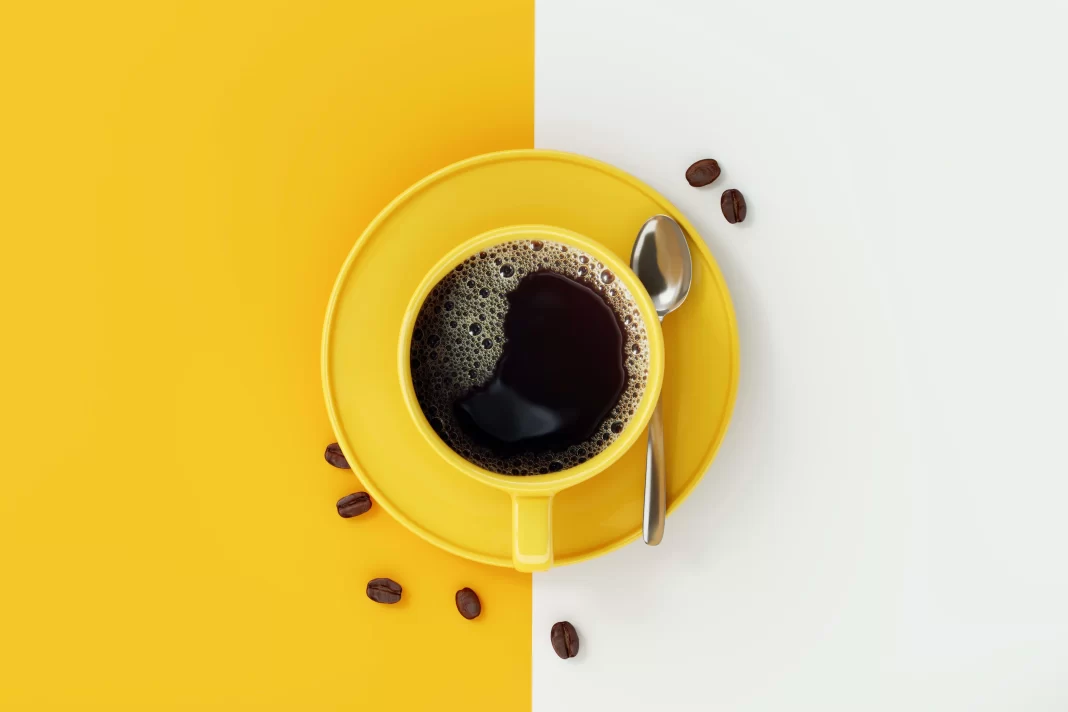kidney stone
A tiny, hard substance called Trusted Source is created when waste materials in your urine aren’t properly washed out.
Recent studies suggest that caffeine consumption may help reduce kidney stone development, even though researchers are currently investigating the relationship between drinking coffee and the incidence of kidney stones.
This page discusses kidney stone risk factors and preventative measures, as well as what is currently known regarding the relationship between coffee and kidney stones.
Read More: Onion is a best Ingredient work agains to cure the Flu Fast, Keep it in your Socks.
What do we know about coffee’s connection to kidney stones?

Many people believe that drinking coffee may be dehydrating and increase your risk for kidney stones since it contains diuretic characteristics, which may make you urinate more frequently. Data, however, point in the other direction.
In fact, new kidney stone study suggests that consuming coffee may potentially prevent kidney stones.
Caffeine, whether it be found in tea, soda, coffee, or alcohol, is protective and may lower the incidence of kidney stones, according to a 2021 study conducted by the National Kidney Foundation. The likelihood of developing kidney stones may be decreased by up to 40% by just increasing daily fluid intake from 1 cup to 1.5 cups.
Another research, released in 2021, found that those who drank coffee or tea had a lower risk of kidney stones than people who didn’t. In this study, it was discovered that water boosted urine flow, increasing kidney stone prevention.
Also, it was discovered in a systematic review and meta-analysis published in 2022 that a higher caffeine intake may be linked to a decreased incidence of kidney stones.
Who is susceptible to kidney stones and what causes them?
Your body’s failure to sufficiently drain waste materials through your urine results in kidney stones. Crystals can develop when certain minerals in your urine are not properly disposed of. These tiny crystals keep accumulating different kinds of debris until a stone forms.
There are four categories of kidney stones:
calcium oxalate: The most typical kind of kidney stone is calcium oxalate. You can lower your chance of getting this sort of stone by eating a low-oxalate diet.
uric acid: The second most typical kidney stone kind is uric acid. Those who have gout, diabetes, or metabolic disorders are more likely to develop them.

Struvite: Those who have kidney infections, urinary tract infections (UTIs), or both are more likely to develop this form of kidney stone.
Cystine: An amino acid that escapes from the kidneys into the urine and causes kidney stones of this sort. Those with cystinuria, a hereditary condition, experience it.
What can you do to avoid kidney stones?
The risk of kidney stones appears to be most influenced by your diet. According to research, your chance of having kidney stones is closely correlated with what you eat and how much alcohol you consume.
According to Trusted Source, changing one’s diet and drinking habits can help avoid kidney stones since they were linked to a decreased risk of hospitalisation for kidney stones when people consumed more fluids, fruit, and fibre.
Take in more liquids
According to a reliable source, drinking more coffee, tea, or alcohol may reduce your risk of developing kidney stones. The chance of developing kidney stones decreased by 13% for each extra 200 ml of drink a participant drank.
Experts advise drinking lots of water all the time if you’re prone to kidney stones. By aiding in the waste removal process, water and other liquids, such as tea and coffee, keep your kidneys working properly, which is important for preventing kidney stones.

Decrease your consumption of meat and salt.
- Keeping an eye on your meat and salt consumption is also crucial.
An rise in kidney stones was shown to be directly correlated with sodium (salt) consumption in this 2020 study. The study also discovered that there was a 1.17% increase in the risk of kidney stone formation for every 50 grammes (1.76 ounces) more of meat consumed.
Consume extra fibre and fruit.
Moreover, Trusted Source discovered that postmenopausal women who consumed more fibre, fruit, and vegetables had a lower chance of developing kidney stones. Nevertheless, individuals who had a history of kidney stones or recognised risk factors for kidney stones were not helped by the preventive benefits of this diet.
Read More: Conquer Your Inner Critic: 5 Ways to Deal with Feelings Not Good Enough.








